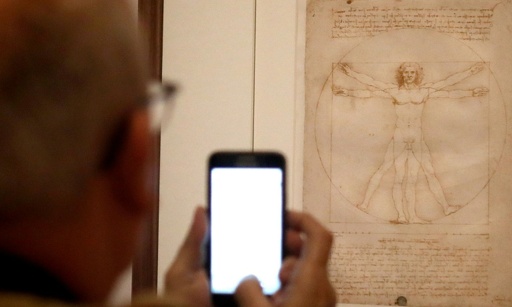The Italian [state] had demanded a licensing agreement for the commercial use of one of the Renaissance master’s most famous drawings, despite the fact that he died more than 500 years ago, placing his works in the public domain under international copyright law.
The [Italian] plaintiffs argued that a domestic law aimed at protecting Italy’s cultural heritage meant they had the authority to demand agreements with those who profit from culturally significant artworks, even if they are based abroad.



This and only this is a valid case of cultural appropriation. Acquiring copyright for work in the public domain and denying legitimate use. Having a hairstyle somebody else does not like has nothing to do with it. Nor does an artist’s ethnicity, surface color or sexual orientattion. These are just pretexts for self-declared “defenders of the faith” to discriminate arbitrarily agains whoever they want.